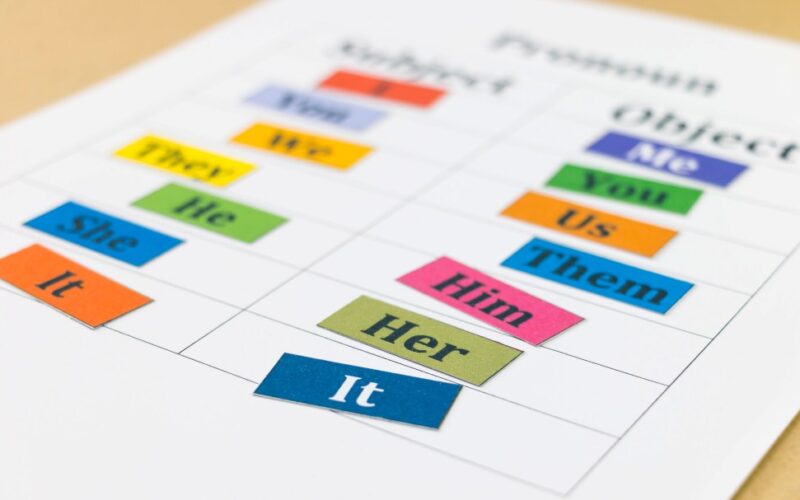I first encountered it about seven years ago. An editor solicited a story for a start-up zine and directed me to his website, to enter my credentials. Once there I was ambushed. Along with the usual summary of pub credits, it required my preferred pronouns.
Up until then I didn’t think of it as more than a fad and an annoying ritual dreamt up by editorial boards who, with merciless cheer, think they’re doing their readers and contributors a favor. But wait: required? I closed the page and moved on, ignoring the invitation.
Thereafter I noticed that it — or rather “they” — was showing up in newspaper accounts of this or that and reporters, polite souls respectful of sources, started populating the third person neuter plural when referring to a single person.
Occasionally one has to play Chase the Pronoun and Find the Antecedent anyway through columns, but this only made it harder, unreasonably so. The one that broke my brain was this doozy: “They [police] questioned them [victims] and are still looking for those [the perps] who assaulted them [a woman].” I gave up.
Language is much more like modeling clay than marble. It’s always in throes of change under the pressure of average usage by average speakers, which is why grammarians are like the IRS agents of language.
As was the case with this, or “they”: signifying the fluidity of gender assignments, it came directly out of college seminars, MFA workshops and MLA panels, hothouses of often lousy ideas whose innovations are never submitted to the Dunning-Kruger test, which assumes “You can be incredibly intelligent in one area and completely not have expertise in another area.” A Ph.D. is no vaccine against stupidity.
This has nothing to do with respecting the King’s English or common usages. Yet, let’s face it. We love iconoclasts. They are good for the digestion and essential for a healthy culture, and are especially valued when it comes, in particular, to works of art, where good manners count for nothing unless you can entertain.
Those who break the rules of grammar are often heroes, especially when their violations are in the service of supplying, say, great dialogue (Mark Twain, Ralph Ellison, Don DeLillo). We could care less about violations of usage if we’re enjoying ourselves.
Emily Dickinson, always in a rush, wrote great poems between doing household chores; Whitman’s vocabulary is a field contested by polysyllables he used badly and the plainspoken American he loved as I do; Joyce was in a constant struggle with the language of the very English who oppressed Ireland.
Ah, but this was different, a difference that didn’t really clarify itself until I received a document from my employer, Rutgers University, that made room, beneath my digital signature, for my choice of pronouns. No simple annoyance, but this felt a lot like a prima facie violation of privacy.
Why ask this other than have those questioned reveal their sexual preferences? Why was that anybody’s business — or is there another reason? What possible advantage, I thought, knowing whether the person on the other end is straight or gay or bi, queer or among the half dozen or so mutated forms of gender and erotic preference now culturally sanctioned?
Having served on university search committees where members are forbidden to ask specific questions of interviewees and even of making benign remarks admiring appearance or education, I wondered: is this, perhaps, such a question?
The university’s general counsel prohibits these questions not as an endorsement of good manners; it is there to prevent violations of federal employment laws, the point of which is to nullify any bias, for or against the candidate. And even no response, as Thomas More learned on Tower Hill, is a response. Ask the parent of any teenager who breaks curfew or the partner of a cheating spouse.
In the event, I filled in those blanks in that document with it/those/them and clicked submit. I needed to be done with it. But as an example of the exploitation of a straightforward questionnaire to satisfy nosy institutional demands, this impressed me as perhaps the “Mona Lisa” of the genre of pronoun buttonholing.
So I called HR and the kind young man I talked to listened politely, then laughed. “That stuff we usually ignore.” “Then why is it there?” Another laugh. “How much time do you have?” I was going to ask him when we’d be required to use thee and thou again under the new puritanism, or name our spirit animal, but I realized I didn’t have to. He’d already answered all my questions.
Barbarese’s collection of essays “Invitation on the Brink” is forthcoming in November from LSU Press.








